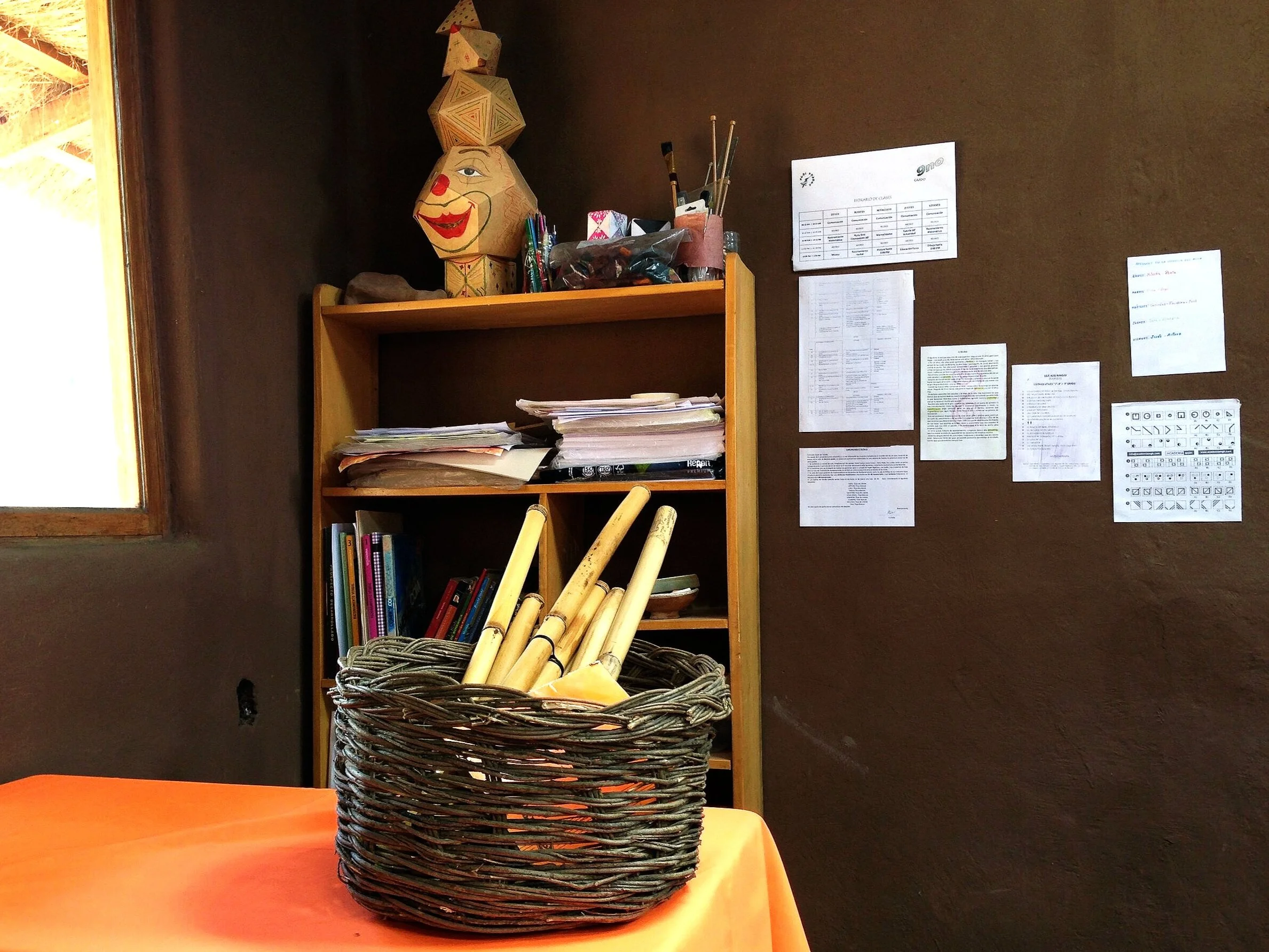Research: The Work.
Work is a powerful concept that describes a set of acts over time.
The idea of work for Quechua people refers to labor, sacrifice, necessity, contribution, fulfillment, and the will of beings to transform something. My work prioritizes three interconnected themes through long-term collaborative relationships with Indigenous communities and tribal institutions in North and South America.
Indigenous and Comparative Frameworks and Enactments of Rights
Through long-term collaborations with Indigenous communities, I look at how Indigenous communities define and practice their rights/responsibilities, which are always rooted in place and earth relations. I developed comparative Indigenous education research (CIER), an approach to collaborative rigorous research that looks with community members at environmental studies through the lens of education. CIER de-centers coloniality and shifts educational focus towards sharing and learning across Indigenous communities and geographic contexts.
Examples of this work: Research projects with the American Indian Higher Education Consortium and Small Indigenous Schools in the Americas
Indigenous Knowledge Systems and Community-Based Learning
I explore Indigenous knowledge systems in relation to educational design, both in and out-of-school. I am interested in the greater ecology of Indigenous communities, which includes relationships with state actors whose agendas shape, support, or harm Indigenous learning philosophies and practices. As ways of knowing and ways of doing with identifiable structures and institutions, Indigenous knowledge systems reflect and create strategies that address threats surrounding land and environment, holistic comprehension of health, and Indigenous constructions of governance, economy, technology, and education. With Porter Swentzell (Tewa), we developed generative environmental pedagogies as a framework for Indigenous knowledge system resilience and adaptation through education.
Examples of this work: Indigenous farmer knowledge and the study of tensions and inequities between communities and schooling
Crucial Interfaces: Development, Modernity, and Indigenous Places and Peoples
I examine discourses and projects of development, modernization, and globalization and their impacts on Indigenous lands and peoples. I focus on the structures, strategies, and impacts of coloniality in nations with Indigenous populations and in relation to community-based initiatives, interventions, and social movements, which add to our understanding of Indigenous resistances, negotiations, and adaptations to exogenous development agendas.
Examples of this work: Questioning the meaning of progress and the meaning of rights toward re-centering nature and its fragility and beauty
My work is driven by commitment to the global movement of the Indigenous research agenda, a framework introduced by Māori scholar Linda T. Smith in 1999 that embodies how Indigenous communities see ourselves and what we hope to do with our time in this world.
As nunakuna/runakuna, we cannot know these things unless we are in conversation with each other and the world around us. Many of us—researchers and educators—are fueled by the Indigenous knowledges circulating within our homelands and are doing our part to recover, maintain, and perpetuate these knowledges and related cultural practices.
The confluence of the individual and community is the fluid space where Indigenous and place-based research methodologies emerge. This collection—of all of us doing what we can—unifies and extends the dreaming and doing needed everywhere.
Qankunapaq.


